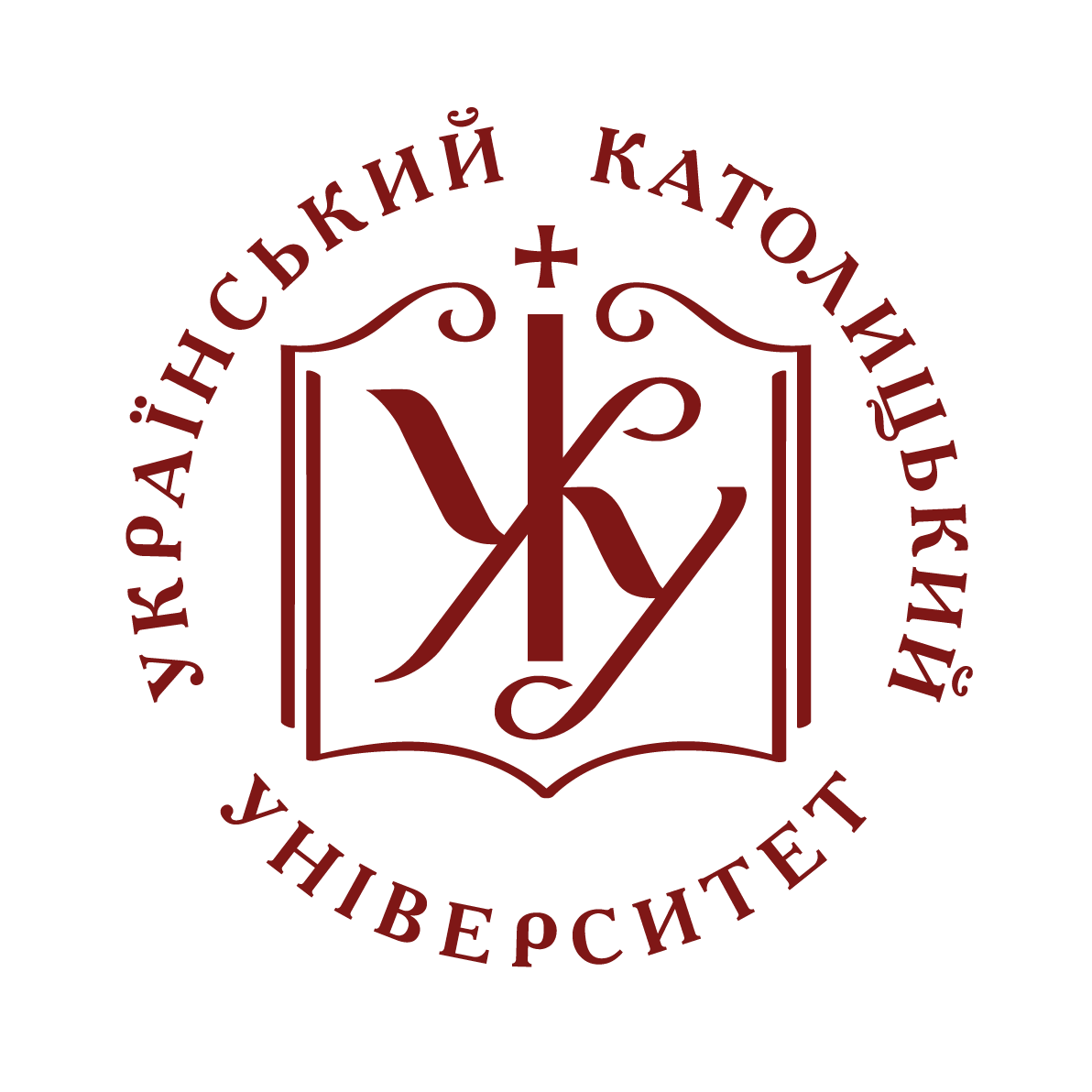- Домівка
- →
- Faculty of Philosophy and Theology | Філософсько-богословський факультет
- →
- Кафедра богослов’я
- →
- Статті
- →
- Перегляд матеріалів
Сценарії JavaScript вимкнено для Вашого браузера. Деякі функції цього сайту не будуть працювати без них.
Показати скорочений опис матеріалу
| dc.contributor.author | Yarema, Mariya
|
|
| dc.date.accessioned | 2022-02-04T11:35:46Z | |
| dc.date.available | 2022-02-04T11:35:46Z | |
| dc.date.issued | 2022 | |
| dc.identifier.issn | 1733-1218 | |
| dc.identifier.uri | https://er.ucu.edu.ua/handle/1/2994 | |
| dc.language.iso | en | uk |
| dc.subject | ||
| dc.subject | environmental ethics | |
| dc.subject | stewardship of nature | |
| dc.subject | ecological myths | |
| dc.title | Denial of Human Superiority over Nature as the Denial of the Value of Nature | uk |
| dc.type | Article | uk |
| dc.status | Опублікований і розповсюджений раніше | uk |
| dc.description.abstracten | Ecology as a science today, mainly rejects anthropocentrism in favour of nonhuman-centred ethics. Such rejection is propagated as a proper valuing of nature, while the human-centred eco-theories are considered to be the theoretic basis for the exploitation and destruction of nature by humans. The main purpose of some nonhuman-centred ecologic theories is to reduce the growth of the human’s population because the people’s existence, totally, is seen as a cause of ecological disasters, and even social problems. The aim of the article is to show that human beings are, in reality, the only living organisms on Earth, able to take care about nature as it deserves. The main problem is incorrect behaviour with nature, not a big amount of people living on the Earth. The ecological disasters, at the same time, are connected not only with humans’ irresponsible conduct, but with the natural forces that are independent from human activity, but that does not deprive people from the task to take responsibility for their environmental behaviour. | uk |
| dc.relation.source | Studia Ecologiae et Bioethicae 2021, 19, 4 | uk |
Долучені файли
Даний матеріал зустрічається у наступних зібраннях
-
Статті [73]
Articles


